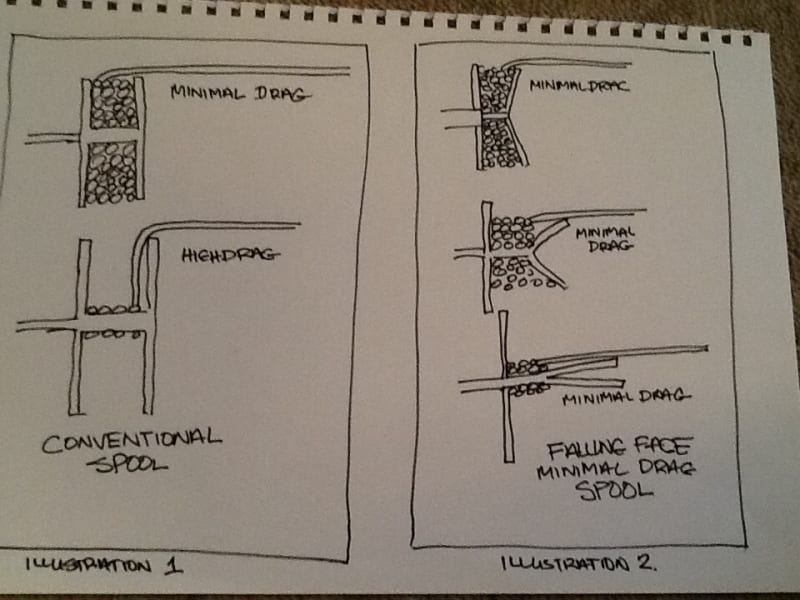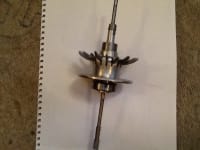When people are trapped in a hi-rise building with fire raging on a floor below them the chances of rescue are slim indeed. Even a helicopter is virtually useless in this situation as the cycle time to evacuate the number of persons via a helicopter pad on the roof of a building would not cope. Fire has also proven to damage the structure of the building which may lead to eventual catastrophic collapse; as evidenced in 911 and the Christchurch eartquake here in New Zealand. The device described and illustrated here allows a life line of steel, dyneema or spectra of sufficient strength to support one or more people to be attached to the uppermost stories of a skyscraper. By its attachment to the building the lighter section of the line can be returned to ground so as to form an endless 'belt.' The secondary stronger, heavier section of line can now be looped around a windlass and life belts with conventional slings and brakes can be attatches and winched rapidly up to the top of the line. Trapped persons can fit the slings and slide in a controlled manner to the ground and safety.
The novelty of the device overcomes the major problem of all such similar devices, that of increasing line drag as the line diminishes as it leaves the drum (in a similar manner to a threadline fishing reel). The line has to turn some ninety degrees before it leaves the drum. The other alternative, where the whole drum revolves (like a baitcaster) is severly limited due to accelleration of the drum and its line mass. This design eliminated 'reel' or line holder drag by reducing the lineretaining face so that at all times it is just above the actual level of the line as it reduces being fed out.
This falling face is keep in time with the diminishing line level by a servo which moves the central arm to reduce the face. The positional sensors to operate the servo are pressure sensors set into the rear face or the holder. These are turned on and the on signal is feed to brushes contacting the circular copper bands (PCB) attached to the rear of the rear face.
I believe that this device which can be easiy manufactured with conventional materials and cheap electronics would find a ready market in the area of fire safety. it could also be used in fly by wire missiles and more mundane items such as fishing reels.
Like this entry?
-
About the Entrant
- Name:Kenneth Steel
- Type of entry:individual
- Software used for this entry:not applicable
- Patent status:none








